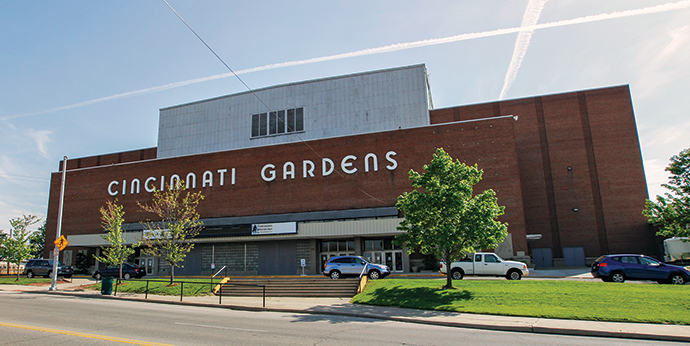Whether an industrial site is certified through one of the nation’s many formal programs or not, taking any steps at all to shorten a corporate prospect’s construction timeline is a good thing. Three announcements from the Midwest this spring highlight different paths to that goal.
In Cincinnati, the Port of Greater Cincinnati Development Authority (The Port) — a quasi-public agency that is the principal real estate development and finance agency serving Hamilton County and the City of Cincinnati — had tried in the past to recruit Messer Construction to its Patient Capital Note program that helps fund the agency’s industrial site acquisition. But according to an April 3 release from the Port, Messer Construction President and CEO Tim Steigerwald had a better idea.
“Tim countered with a more intriguing offer to one day build speculatively on the site,” said The Port’s President and CEO Laura Brunner. So The Port announced in early April it would sell one-third of its development-ready industrial site in the Bond Hill neighborhood — formerly home to the Cincinnati Gardens sports arena opened in 1949 — to Messer so it could partner with Terrex Development and Construction to build a 73,000-sq.-ft. building that will be ready for an advanced manufacturing occupant by next year.
As part of the property purchase agreement with The Port, Messer and Terrex said they accept the job creation and wage goals for the future tenant, and will adopt The Port’s Economic Inclusion policy. The project team also includes BHDP Architecture, Colliers International and Fifth Third Bank. And even though it’s a speculative project, the City of Cincinnati is considering it for property tax abatement.
The Port said there is strong interest in locating in Hamilton County by regional and national manufacturers, but the region often cannot respond to these projects because it lacks an inventory of qualifying sites. So The Port’s Board of Directors in 2015 unveiled a strategy to redevelop 500 acres of underperforming industrial real estate to attract advanced manufacturing and create higher-wage jobs. In July 2016, The Port had purchased the 19-acre former Cincinnati Gardens property, demolished the Cincinnati Gardens after it hosted its final event featuring the Cincinnati Rollergirls roller derby team, and remediated and prepared the site for new investment, completing the work in 2018 with the help of funds from the City of Cincinnati and JobsOhio.
On the very same day, the Michigan Economic Development Corporation announced the Michigan Site Readiness Program. From a total of $1.5 million, MEDC will provide up to $100,000 in grant funding to a community or other public entity to assist with the development or enhancement of industrial sites to make them more competitive during the site selection process. Applications were due May 1.
A key component of the program is the establishment of what MEDC calls “Vetted Site Standards,” a voluntary resource that provides a roadmap to helping Michigan sites achieve “shovel ready” status. These standards include appropriate planning and zoning, boundary survey and proper soil and environmental conditions, among others.
In Indiana in March, the town of Yorktown and the Muncie-Delaware County Economic Development Alliance announced the certification of the 72.5-acre McKibben site by the new Verisite Certification Program created and administered by advisory firm Ginovus, Veridus Group and Plaka. As in Cincinnati, local leaders said a rise in demand for industrial sites was not being met with adequate supply.
“The energy of the U.S. economy has created a surge for elite industrial sites,” said Pete Olson, town manager for Yorktown. Now Verisite joins some 27 existing certification programs nationally to meet that demand.

